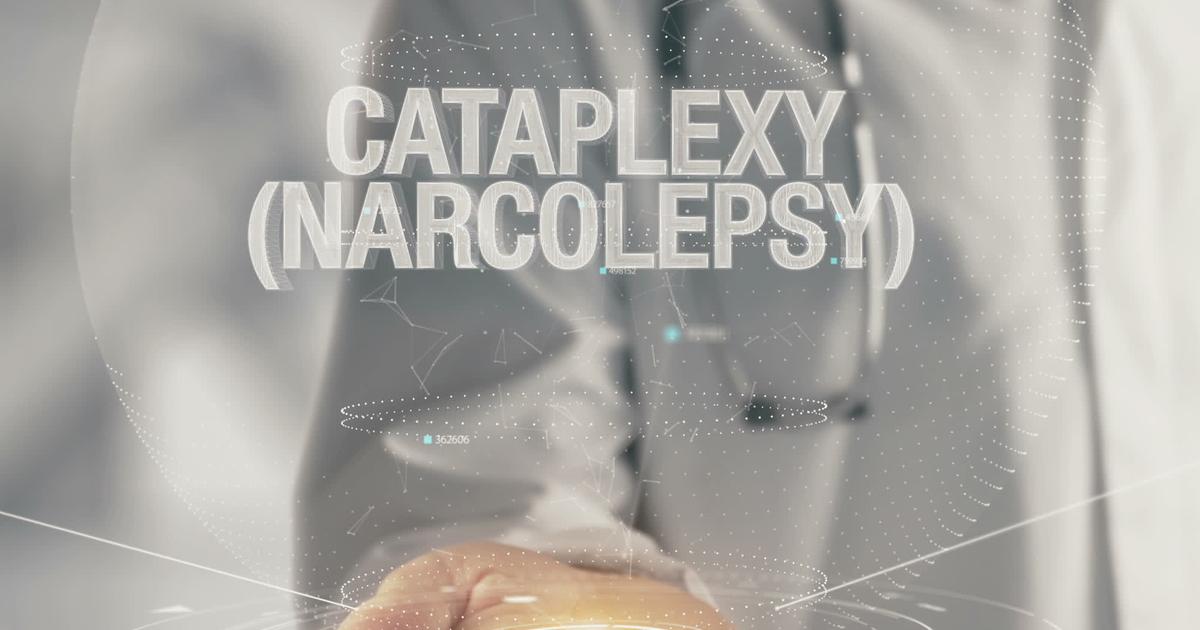Understanding Narcolepsy; Symptoms, Causes And Treatments
Cataplexy

Cataplexy is a sudden and uncontrollable muscle weakness or paralysis that occurs during the waking hours. It is triggered without warning of intense emotion, usually laughter, though other triggers can be feelings of annoyance, happiness, excitement, surprise, or stress. A patient affected by cataplexy remains awake and is aware of what is happening but experiences loss of muscle control and can have a slack jaw, broken speech, and weakness in their face and limbs, or can even become temporarily paralyzed.
The duration is brief, tending to last anywhere from a few seconds to minutes. Although cataplexy is most commonly associated with narcolepsy, it has been seen in other conditions such as stroke, multiple sclerosis, head injuries, and encephalitis.
Sleep Paralysis

Sleep paralysis is the temporary inability to move or speak when falling asleep or waking up. It tends to occur while falling asleep or waking up. If sleep paralysis happens while falling asleep, it is called hypnagogic or predormital sleep paralysis. If it happens while waking up, it is called hypnopompic or postdormital sleep paralysis. Factors that may contribute to sleep paralysis include a lack of sleep, a change in the sleeping schedule, medications, substance abuse, mental illness, and, of course, narcolepsy. Sleep paralysis can be treated by improving sleeping habits, using antidepressants if they were prescribed, and working with a psychologist and doctor to address any other sleep disorders or mental health issues.
